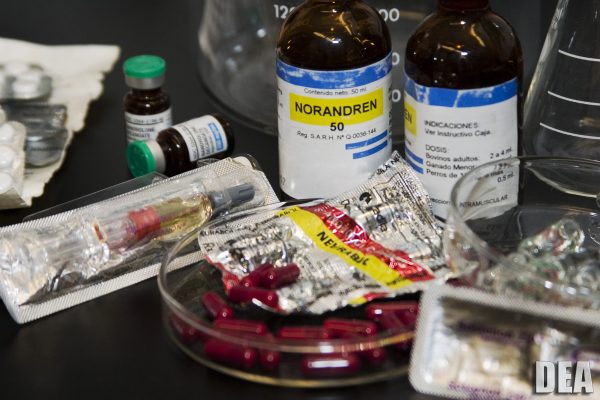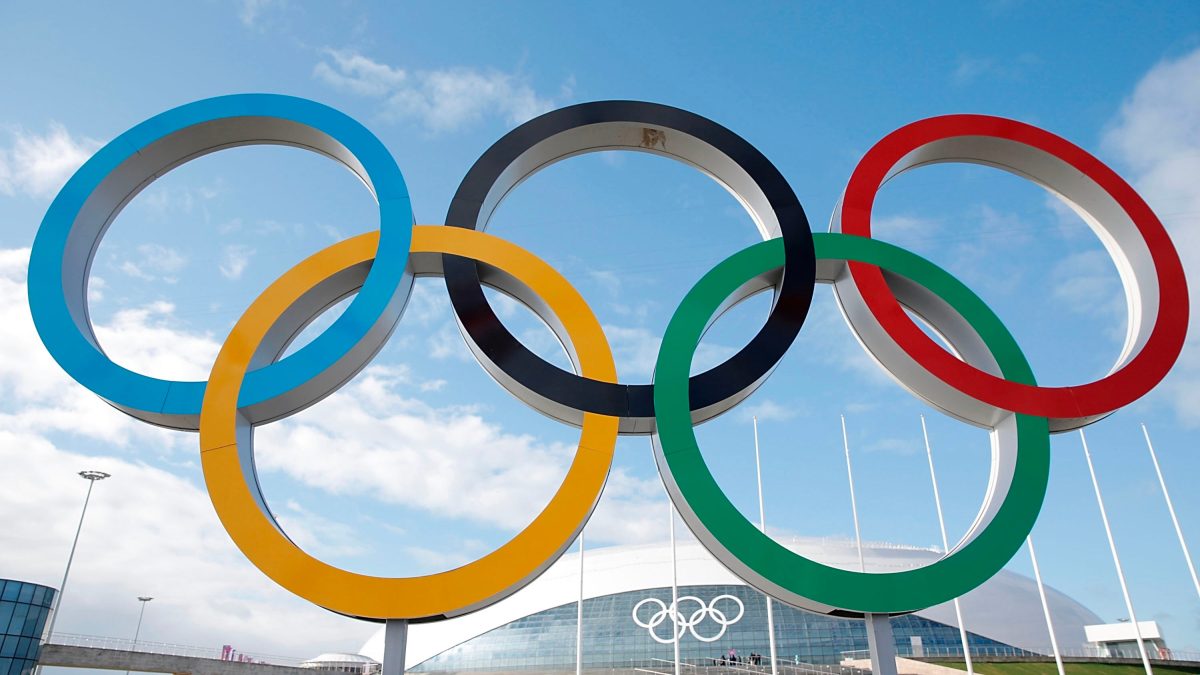Modern Olympics have been around for over 120 years and are largely known for showing what the best of us in each sport are capable of. With all respect to athletes, however, the limit of human potential for many sports is yet to be discovered, and the key to it is questioning the doping policy.
In the Enhanced Olympics, Athletes would still be tested to record the medications they used, and every single sample would be carefully examined for health dangers. If some are detected, an athlete will be contained and treated by medical workers, until the danger is confirmed to be gone. Every single athlete would be strongly advised by a health specialist who will recommend safe medications and will monitor their vitals throughout the Olympics preparation and participation.
“Olympians, 44% of whom have used enhancements in the past year, are able to compete regardless of any undiscovered health risks. This is why athletes competing in the Enhanced Games will receive free medical screening prior to competition, which will ensure that they are healthy and able to compete.” – according to the Enhanced Olympics official website. The risk of overdose or poisoning with doping is the most important problem the Enhanced Olympics needs to be aware of.

There are examples of doping usage that led to serious health issues or even deaths that occurred last century. “During the cycling road race in the Rome Games of 1960, Danish cyclist Knud Enemark Jensen fell from his bicycle and later died. A coroner’s inquiry found that he was under the influence of amphetamine, which had caused him to lose consciousness during the race.” That is the only Olympic death that is linked to drug abuse, according to Wikipedia, however many severe injuries and health complications also happened due to substance usage.
Performance stimulants are only really cheating when the majority claim to not use them. If athletes have access to stimulants, it will take their attention away from being worried about being disqualified and will increase their commitment to achieving greater results than anyone before. Potential better performance of athletes would most likely introduce more sports that would appear due to new physical capabilities, increasing the variability of Enhanced Olympic Games. A huge benefit of accepting doping would be giving athletes access to medications that help athletes recover from injuries, since they are for the most part disallowed in regular Olympics. Even if an athlete chooses not to enhance his performance with stimulants, pain numbing or other recovery medicine could pose a threat of being disqualified.
Meanwhile, regular Olympics should still take place, Enhanced Olympics should rather be like an addition to the world of sports. One should not replace another, but rather add to it – by doing it that way we would have much more accurate data on the human body and records it is capable of. Enhanced Olympics would take place every two years (just like the regular Olympics), and would reference the exact same sports. Both competitions would be studied afterward, vitals of athletes would be compared and used further in scientific research on the various doping effects on the body. It would have the potential to revolutionize the world of medicine, due to the massive research in stimulants, providing possible medications for regular people.

More people are starting to agree that the Olympics are biased and political then it needs to be, which sadly results in innocent athletes falling under accusation and lets stimulated athletes get away with their performance enhancement.
“Top Chinese Swimmers Tested Positive for Banned Drug, Then Won Olympic Gold” is an article by the New York Times, in response to events of the 2021 Summer Olympics. Banned substance usage was detected 7 months before the competition, but top Chinese officials cleared them of doping and the global authority charged with policing drugs in sports chose not to intervene. China acknowledged the positive tests in a report by its anti-doping regulator, saying that the swimmers had ingested the banned substance unwittingly and in tiny amounts and that no action against them was warranted. Athletes, who have been traced with doping usage ended up winning 3 gold medals and a bunch of other medals throughout the competition, resulting in disputes from the public. No investigation was initiated and it remains one of the most controversial and debated cases of doping in Modern Olympics.
I believe that the introduction of an Enhanced Olympics would ultimately eliminate that issue and present equal opportunities for anyone, regardless of their origin. In this proposed system all enhancements would be allowed as long as they are recorded and presented to the public. In doing so, any team that participates in Enhanced Olympics would be aware of substances other teams consume. countries would be allowed to only use the reported medications, as long as they do not violate the health requirements.
Enhanced Olympics would partner with Worldwide Medical Research and provide all necessary data regarding the effects of stimulants and the performance itself. They will also consult all the drug regulations prior to hosting games in order to eliminate the possibility of injuries and establish a list of narcotics that will be considered dangerous. Those will be published and announced to every contestant as substances they might want to avoid, athletes will sign papers that they were warned about possible outcomes. If they still chose to consume “marked” doping, their vitals would be carefully monitored by a group of scientists to prevent any health complications.





















![“We are all dreaming about finally finishing [high school],” says Malwina, a 12th grader.](https://internationalchangemaker.org/wp-content/uploads/2025/04/Dark-Green-Modern-Graduation-Presentation-1200x674.jpg)









